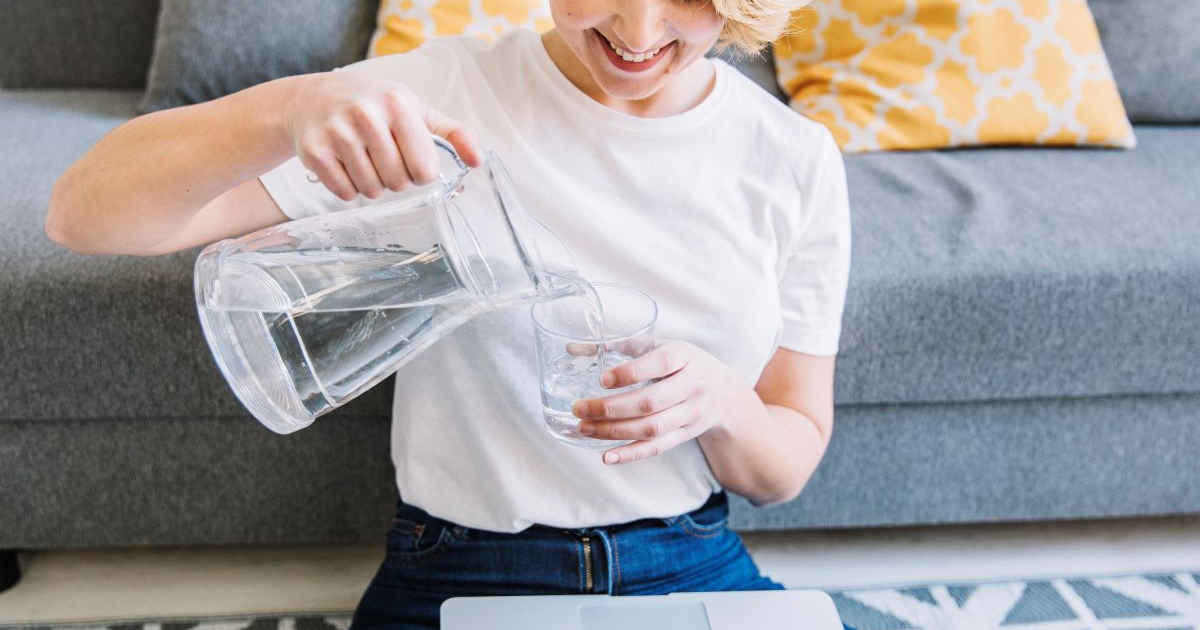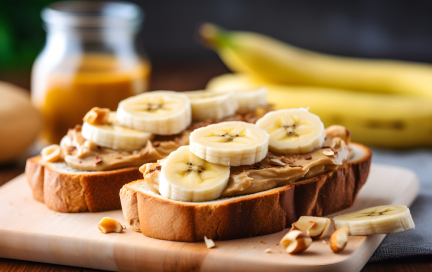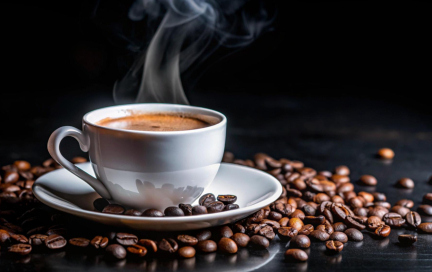{{ banner_block|raw }}
Why is it important to drink enough water?
Did you know that the aging process is largely a result of dehydration in our cells and organs? As we get older, our bodies slowly lose water, which affects everything from skin elasticity and joint health to digestion and brain function. In fact, a child’s body is made up of about 75% water, while in older adults it drops to around 55%.
Staying hydrated helps:
Boost brain function and focus
Maintain skin elasticity and tone
Support metabolism and fat-burning
Keep your heart and circulatory system working efficiently
Flush out toxins through urine and digestion
Lubricate joints and reduce stiffness
Aid recovery after exercise
Improve mood, energy, and productivity
So do not tolerate thirst, it is better to drink waterand stay hydrated!
How water helps you lose weight: secrets of effective weight loss with water
Lack of fluid in the body leads to dehydration. A negative water balance is when you lose more water than you receive. This condition can lead to serious consequences, including:
loss of strength
deterioration of brain function
headaches and muscle weakness
decline in physical performance
decrease in flexibility, strength, and endurance.
Don’t wait until you’re thirsty, it is better to drink water and stay hydrated!
How water supports healthy weight management
Lack of fluid in the body leads to dehydration. A negative water balance is when you lose more water than you receive. This can make you feel tired, foggy, or just off your game, including:
loss of strength
deterioration of brain function
headaches and muscle weakness
decline in physical performance
decrease in flexibility, strength, and endurance.
These events occur because we lose fluid through breathing, sweat, urination, and even at rest!
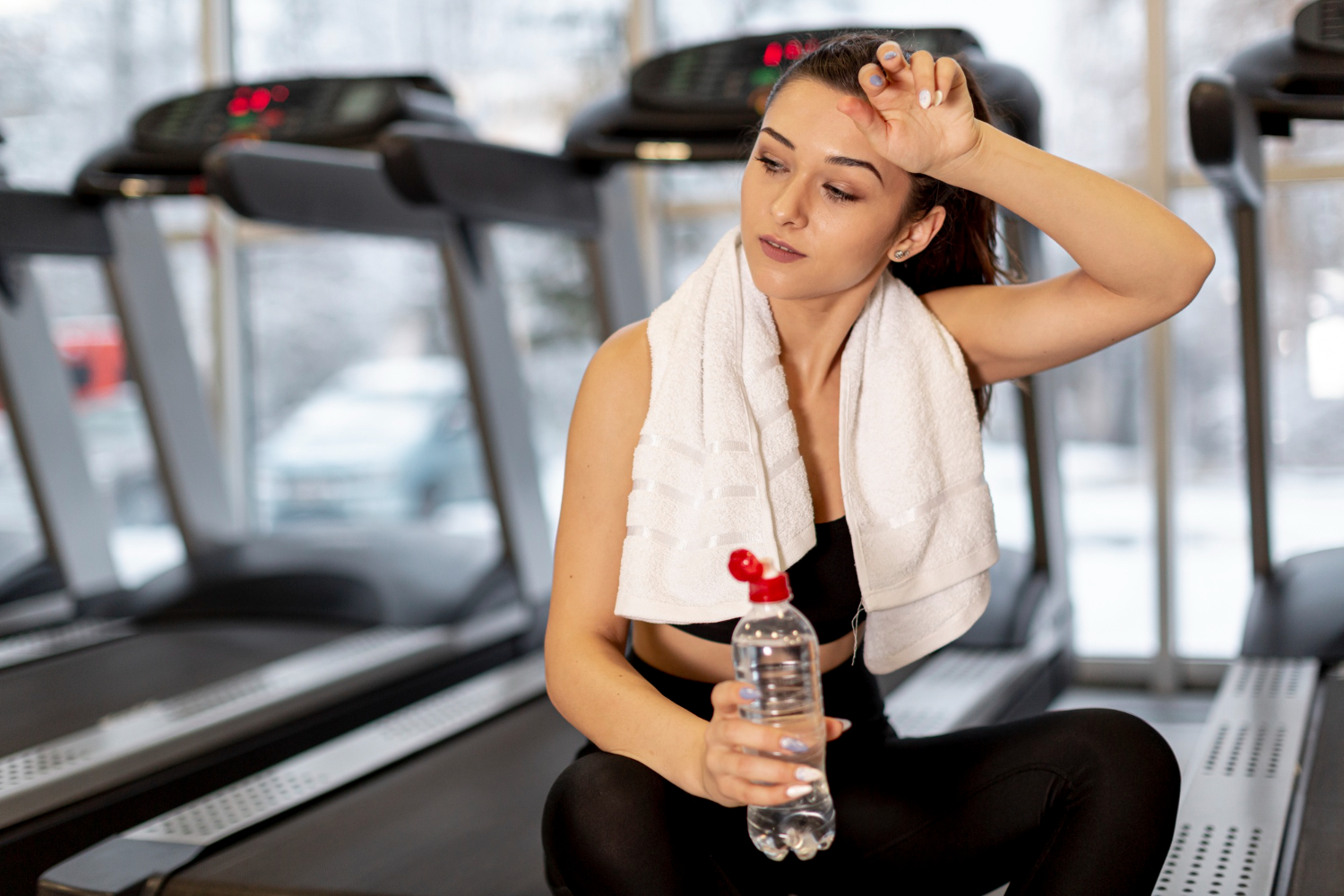
In addition, when we lose water, we also lose vital minerals and electrolytes (sodium, calcium, potassium, magnesium, chloride, and phosphorus). These minerals maintain the electrolyte balance in our body, internal levels of hydration, and impact our metabolic rates.
Daily water intake
Is there really an average fluid intake?
According to dietary guidelines from health authorities, it’s recommended to drink about 6–8 cups of fluid per day — but that amount can vary depending on your needs.
While the exact size of a "cup" may differ, a good general target is around 48–64 ounces (1.4–1.9 liters) daily.
Plain water is best, but other drinks like unsweetened tea, black coffee, and low-fat milk can also contribute to your fluid intake.
Be mindful with fruit juices and smoothies — they contain natural sugars and should be limited to no more than 5 ounces (about 150 ml) per day.
For example, if you weigh 132 lbs and live in a mild climate with minimal physical activity, aim for 66–132 oz of water per day (roughly 2–4 liters), adjusting as needed based on thirst and activity.
If you're working out regularly or spending time in a hot climate, listen to your thirst — but aim to drink no less than 2 to 3 liters of water per day (about 68 to 100 ounces).
Drink an extra 6–8 ounces of water before and after your workout, and don’t forget to sip water during exercise to stay hydrated.
What factors influence water consumption?
Several key factors influence how much water your body requires each day:
Climate: The hotter and more humid the weather, the more you sweat — and the more water you need to replenish fluids.
Body weight: Larger bodies require more water to function properly.
Physical activity: If you're working out intensely, especially in the heat, it's important to drink more — ideally water with electrolytes.
Diet:
Eating lots of water-rich foods like fruits and vegetables helps with hydration.
If your diet is heavier on dry foods like meats, grains, or processed snacks, you’ll need to drink more water to stay balanced.
Looking for healthy recipes? Don’t miss our helpful collection — simple, tasty, and good for you! 💚
Health status: You should increase your fluid intake when you're sick, have a fever, or are experiencing vomiting or diarrhea.
Pregnancy and breastfeeding: Both require extra hydration to support your body and your baby’s needs.
Recommendations for maintaining water balance
Keep in mind that children — especially infants — and older adults are more vulnerable to dehydration.
If you’re caring for someone in these age groups, watch for signs like dark-colored urine, which can indicate dehydration. Ideally, urine should be light yellow or pale in color.
To stay on track with your own hydration, keep a glass or water bottle in a spot you’ll see often — like your desk or kitchen counter. A simple visual reminder can go a long way in helping you drink regularly throughout the day.
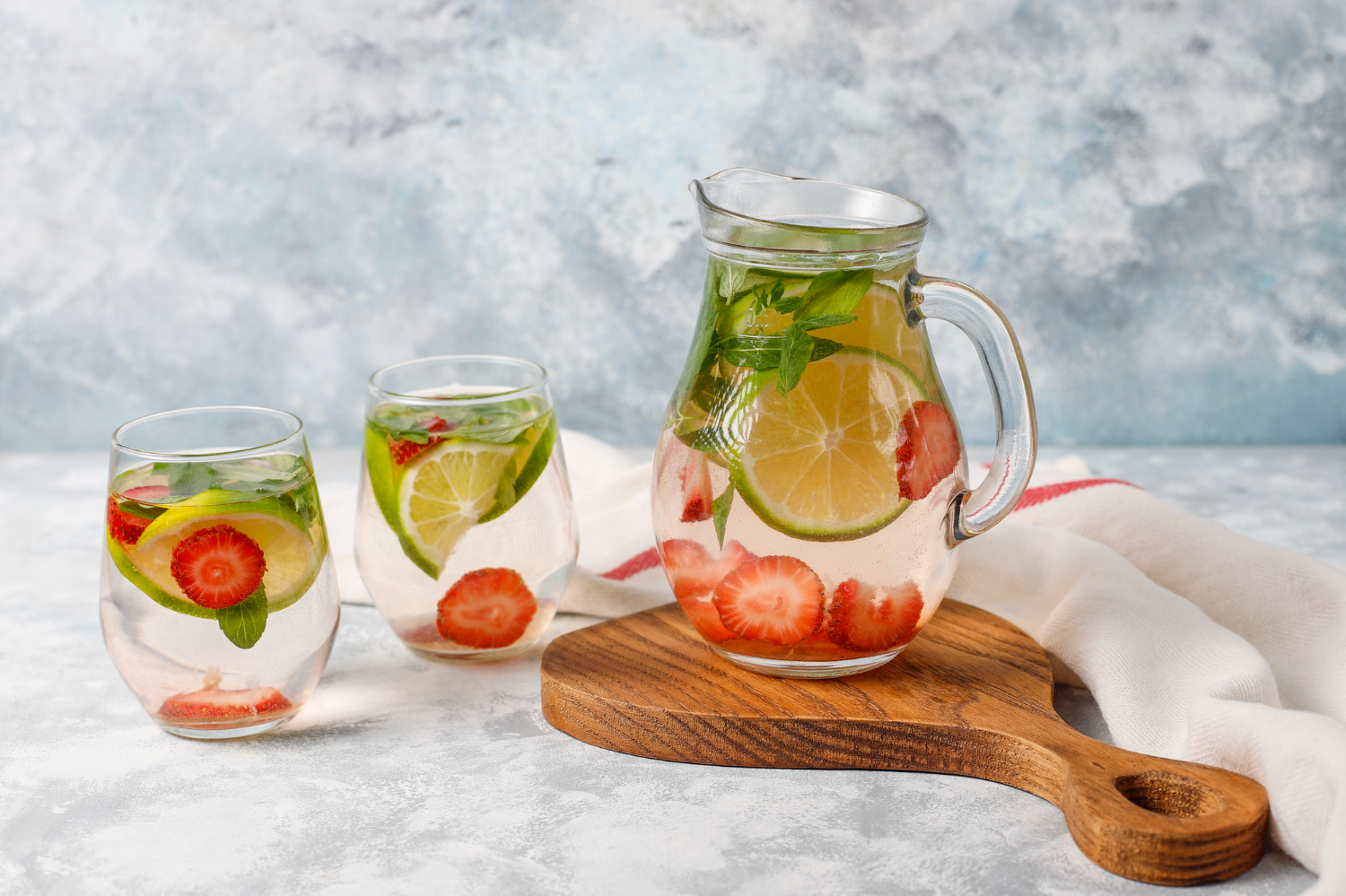
Use gadgets that remind you to drink throughout the day. However, don’t feel like you have to force it — listen to your body. Focus on your feeling of thirst and hydrate accordingly.
Signs of dehydration and how to prevent it
You can spot dehydration by watching for the following signs:
Feeling extremely tired or weak
Dizziness or confusion
Dark-colored urine or peeing less often than usual
Rapid breathing or a fast heartbeat
In children: unusual sleepiness, fewer wet diapers, little or no tears when crying, or a sunken soft spot (fontanelle) on the head
To stay hydrated, limit sugary and caffeinated drinks — they don’t actually quench thirst and can sometimes make dehydration worse.
Make sure you have access to clean, fresh water throughout the day.
To make it more appealing, try infusing your water with fruit slices or berries, or add a sprig of mint.
Pay attention to how you feel — and check in on loved ones, too. Staying hydrated is part of taking good care of yourself and those around you.
Be healthy!
